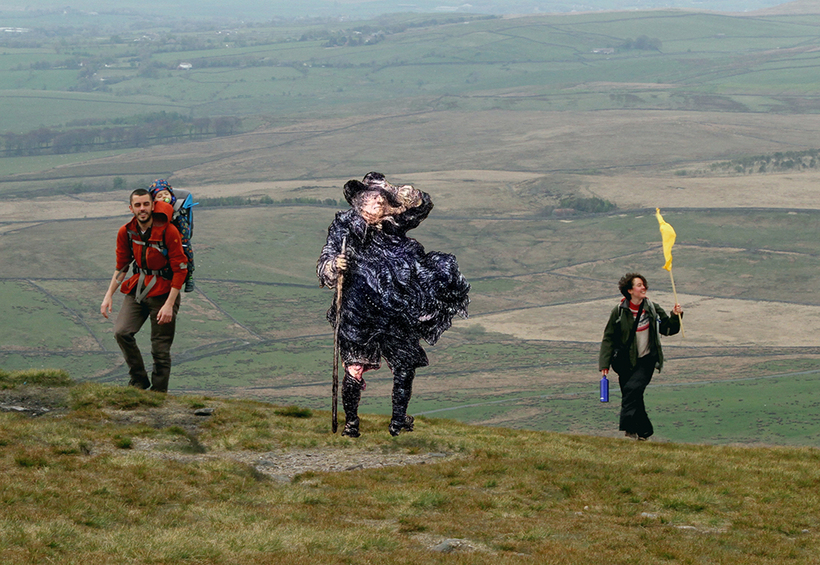George Fox 400: a chance to reconnect with our faith and share it with others
As we celebrate 400 years since the birth of George Fox, Ellie McCarthy recalls her first impressions of the 'father of the faith' and looks at what we can learn from his fearless outreach.

George Fox is perhaps the best known and most important figure in Quaker history. I certainly remember learning about him from a young age in children's class on Sunday mornings. I loved hearing stories of Quaker history while colouring in pictures in the Quaker Tapestry colouring books.
Fox the founder?
I was fascinated by the lives of historical Quaker figures like Elizabeth Fry, Margaret Fell and William Penn, who all played a big part in spreading the Quaker message and living out their faith. But none held as much clout as George Fox.
This year I have delved deeply into the life of George Fox and early Quakers. The more I learn, the more convinced I am that Quakerism has not one founder, but many. It's the shared experience and actions of many people in the mid-1600s that started the movement that became the Religious Society of Friends. So why are we marking the anniversary of this particular founder? What special impact did George Fox have then, and what can we learn from him now? For me, the answer lies in his writings.
A passionate speaker
When reading George Fox's Journal for the first time, I didn't feel very warm towards him, and I'm not sure I'd have liked him had we ever met! He comes across as so forthright and determined to put his point across. This is at odds with the calm, unassuming way of talking about faith that I grew up with in the Religious Society of Friends. I'd always imagined George Fox to be a quiet, understated figure – the quintessential Quaker. So I find it quite disconcerting that the man who apparently started Quakerism spoke out so confidently to all he met, convincing them of his truth.
After learning about other early Quakers – such as James Naylor, Elizabeth Hooton and Mary Fisher – I realised this passionate evangelism was the norm. And it worked. Thanks to the organisation and conviction of these early Quakers, the movement quickly spread far and wide. The initial campaigns by the 'Valiant Sixty', where pairs travelled across England and beyond to tell people about their faith and way of worship, were key to Quakerism taking hold in England and America and surviving to this day. There are now more than 360,000 Quakers worldwide.
Lessons in outreach
George Fox's writings give us a great example of successful outreach. I think we can learn a lot from the confident way Fox and his peers spoke about their faith, experience and values. I now feel more confident talking to non-Quakers about what I believe and how my faith influences the way I live.
We aim to use the 400th anniversary of George Fox's birth to talk about Quakerism more widely in local communities, nationally and around the world. We can learn a lot from Fox's account of his travels, and the positive way his message was received by thousands of people on both sides of the Atlantic. It demonstrates that if you reach out to people, many will find something special in our way of worship – something that truly speaks to them. It's a faith worth talking about.
I'm encouraged by all the anniversary events that have taken place so far and by those to come later this year. Quakers will be opening up their meeting houses and inviting their local communities to learn about what goes on inside. By following in Fox's footsteps and talking to others about our faith, we are sowing the seeds of another 400 years of Quaker worship and action.
Learn more about George Fox and how to take part in the anniversary celebrations


